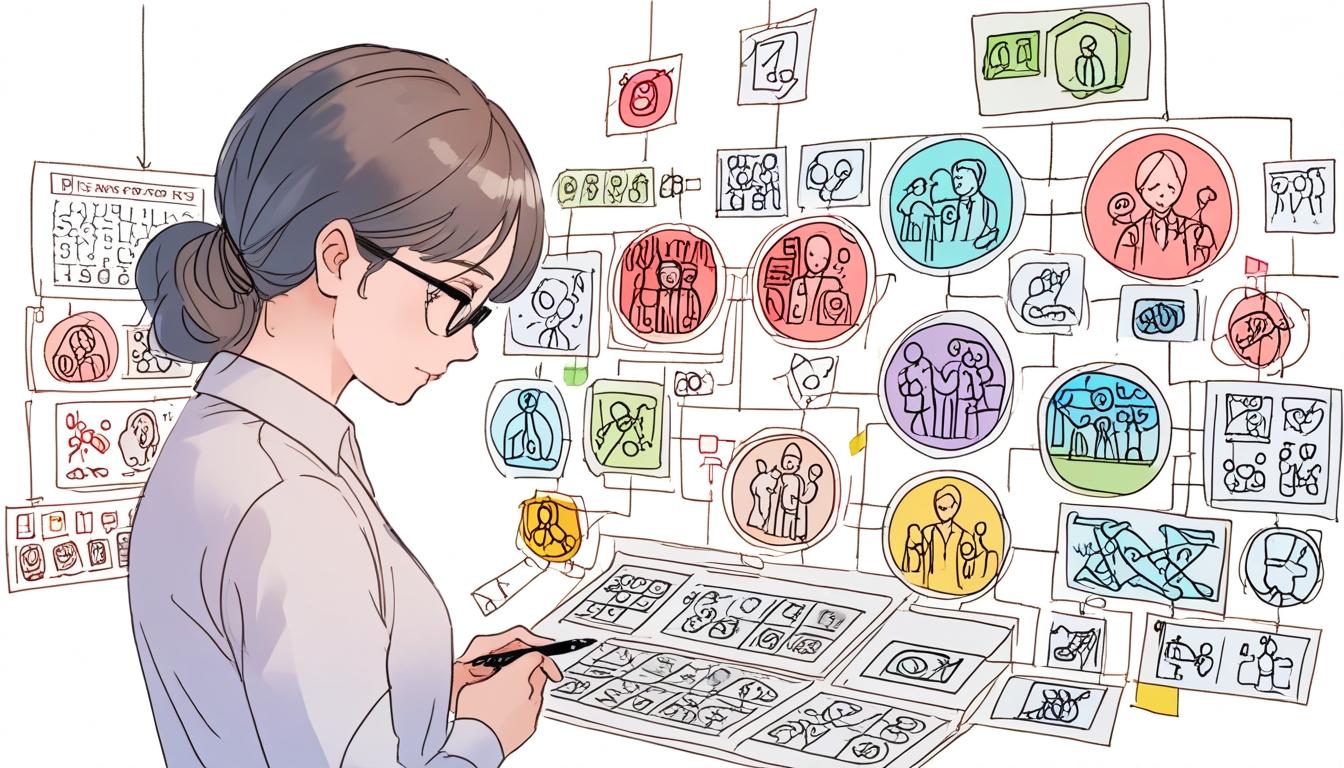Recent comments made by Robert F. Kennedy Jr have brought renewed attention to the issue of autism diagnoses, with the US Health Secretary describing the condition as an "epidemic" with a greater impact than Covid-19. While his use of the term "epidemic" reflects the rapid increase in autism-related diagnoses, experts caution that this surge is not due to a genuine rise in the condition itself, but rather to a dramatic increase in diagnosis rates, some of which may be inaccurate.
Since 1998, the UK has seen a striking 787 per cent increase in autism diagnoses. However, this growth is better characterised as an epidemic of diagnosis rather than an actual increase in prevalence of autism. Critics argue that the sharp rise in numbers is largely driven by a rise in misdiagnoses.
Kennedy Jr has previously suggested a link between vaccines and the rise in autism, an assertion that has been widely discredited by scientific research. Instead, the key issue experts highlight is the explosion in diagnostic rates that may not reflect true incidences of the condition.
Reports from 2025 show diagnosis rates exceeding 80 per cent in some contexts, meaning that eight out of ten individuals attending clinics are receiving an autism diagnosis. This extraordinarily high rate raises concerns, as it is improbable that such a large proportion of any population truly has autism.
According to Dr Lisa Williams, a clinical psychologist and founder of The Autism Service, this increase is not due to more people being born with autism or merely greater awareness of symptoms. Instead, it is primarily caused by misdiagnosis, driven by several factors. One notable concern is the reliance on unreliable online diagnostic tools. These methods, often lacking rigorous clinical oversight, contribute to inaccurate assessments.
Additionally, societal pressures and a need for explanation or labelling of personal difficulties have fuelled demand for diagnoses. There is a tendency to misuse clinical concepts such as 'autistic masking' — a behavioural strategy employed by autistic individuals to blend into social environments by hiding certain traits. This concept is sometimes wrongly applied to people who exhibit social awkwardness but do not actually have autism, leading to inappropriate diagnoses.
The qualifications of professionals conducting autism assessments have also come under scrutiny. Traditionally, qualified psychiatrists, paediatricians, and psychologists with doctoral-level training and statutory professional regulation have been responsible for diagnosing autism. However, an increasing number of diagnoses are being made by practitioners without these credentials, including cognitive behavioural therapists, teachers, assistant psychologists, and social workers. This shift has raised questions about the accuracy and reliability of such evaluations.
Moreover, the rise in diagnosis has created a lucrative market. The National Health Service (NHS) now outsources millions of pounds worth of autism assessments to private providers. Concerns have been raised that some private entities may prioritise profit over quality and thoroughness. This issue is compounded by a lack of complaints, partly because individuals seeking explanations for their difficulties often accept the diagnoses they receive.
Dr Williams emphasises that while autism is a genuine condition with significant needs, the support systems designed to aid autistic individuals are becoming overwhelmed by the high volume of diagnoses. This dilution of resources risks diverting care away from those for whom the support was originally intended.
The current situation has sparked calls for improved "gatekeeping" of referrals, advocating for more stringent controls on who receives assessments and diagnoses. Experts argue that the focus should shift away from controversial discussions about causes and cures, towards ensuring the integrity of diagnostic practices and a reconsideration of society's increasing tendency to seek labels for varied experiences.
The growing concern is that without addressing the problem of misdiagnosis and substandard assessment practices, the support structures that autistic people rely on could face collapse, with potentially serious long-term consequences for this community.
Source: Noah Wire Services
